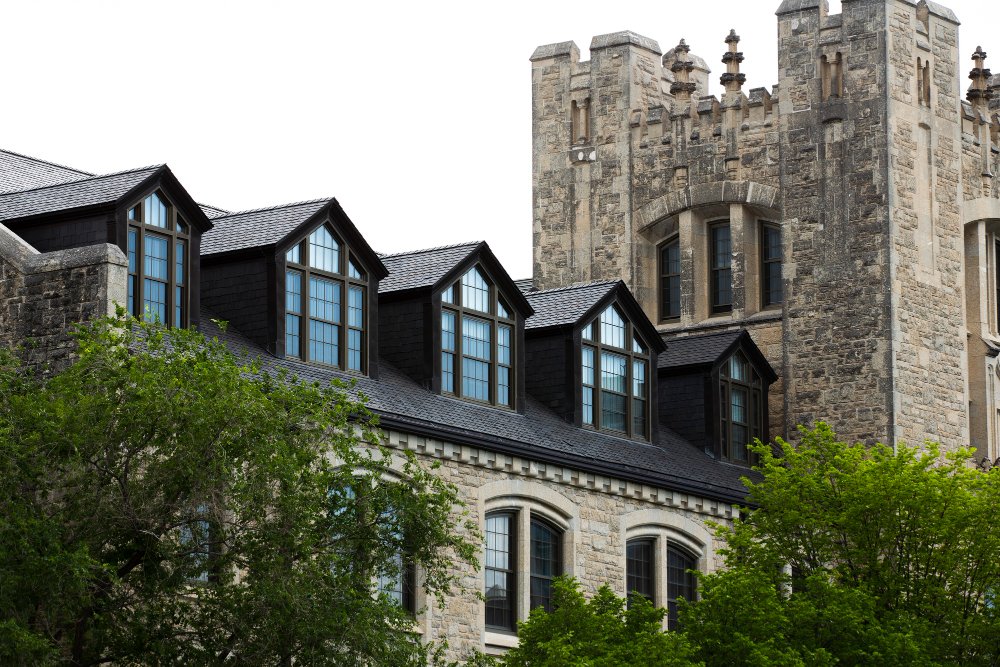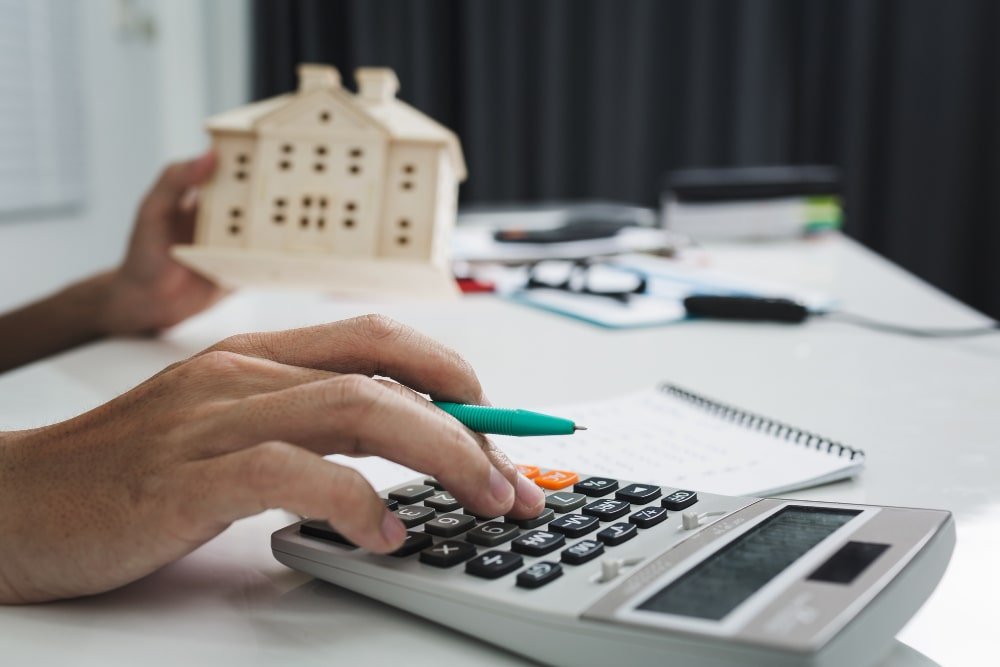How to Deal with Capital Gains Tax on Your Property
Some assets like a house or land tend to be sold for higher than what the previous owner acquired it for. The tax that applies to the profit made in such cases is known as Capital Gains Tax (CGT). Capital Gains mean the amount of profit you have after deducting the acquisition cost from the selling price. CGT is one of the significant taxes that most, if not all, property owners must pay. There is also an annual exemption for capital gains of up to £6,000 for tax year 2023-24. This means that there are no capital gains payable on the first £6,000. This amount will be reduced further on tax year 2024-25 to £3,000 starting from April 2024.
How to Calculate Your Capital Gains Tax Rate
The Capital Gains Tax Rates for the tax year 2023/24 have been listed below:
| Income Threshold | Residential Property | Other assets |
| Basic rate (threshold: £50,270) | 18% | 10% |
| Higher Rate (income more than the basic threshold) | 28% | 20% |
It is important to note that the CGT rate on the sale of residential property is higher than commercial and other property. According to HMRC, a UK residential property includes the following:
- an interest in UK residential property
- properties in the process of being constructed or adapted for use as a dwelling
- the right to acquire a UK residential property ‘off plan’
- a UK residential property that isn’t your main home
- your main home if it’s very large or you have let it out, used for business or has a long period of absence.
Who Has to Pay Capital Gains Tax on Property?
The following are required to pay Capital Gains Tax in the UK:
- UK resident individuals and trusts
- Non-UK resident persons selling UK residential property.
- Companies selling UK property and shares in the UK (Companies usually pay corporation tax on the capital gain)
We hope this helps. If you want to learn more about Capital Gains Tax, you can read our for a complete guide.







